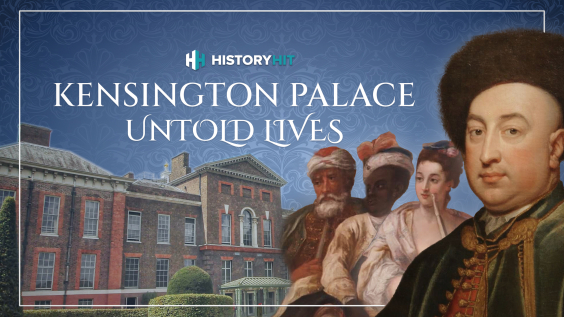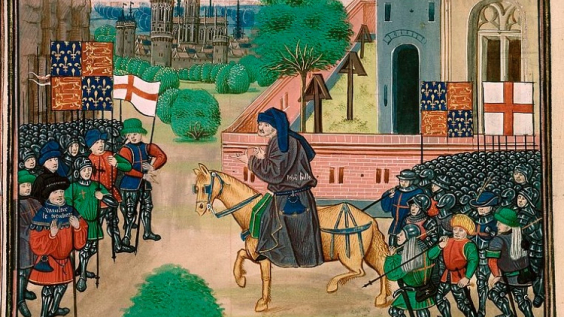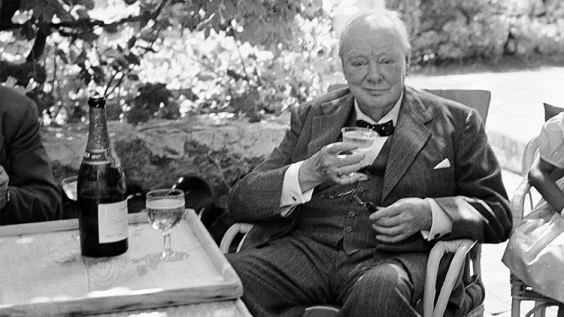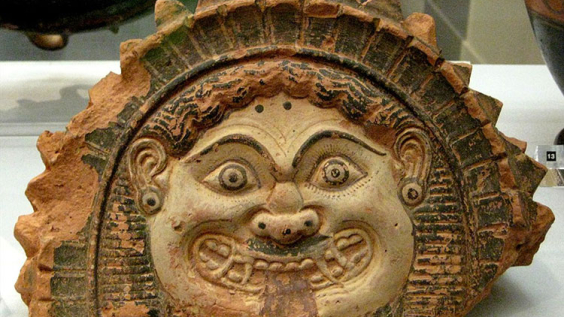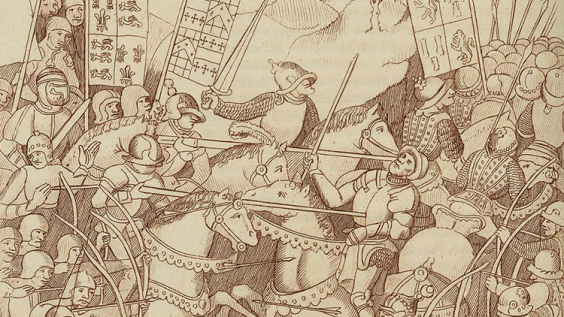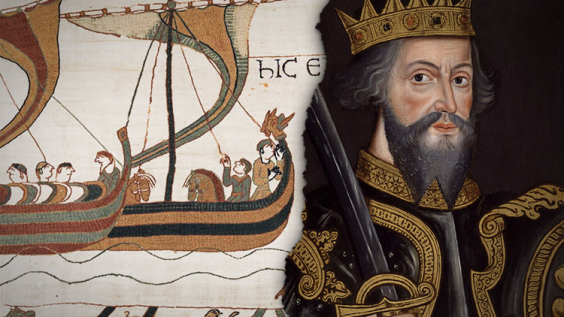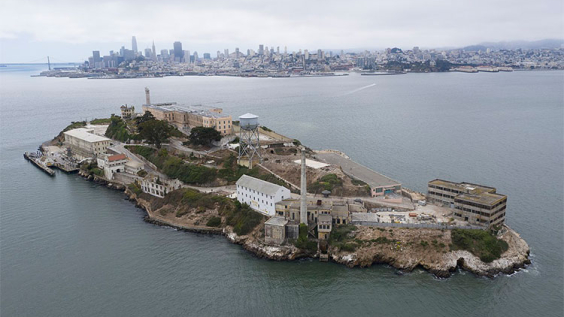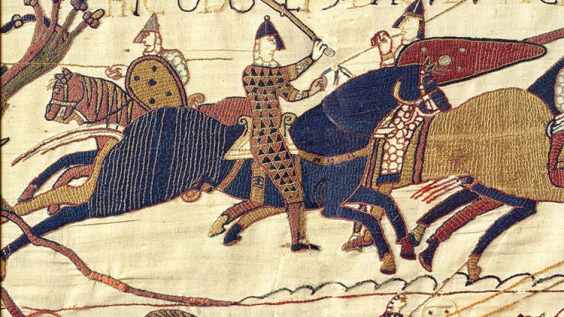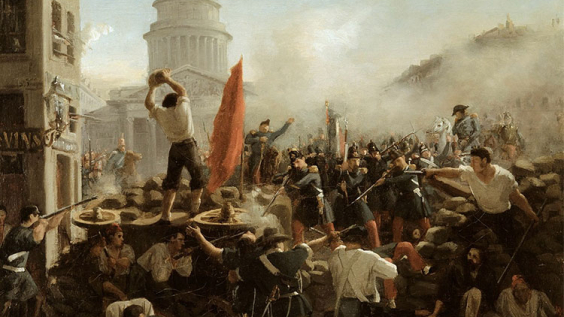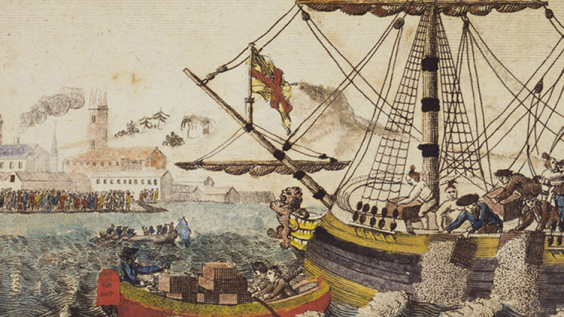
Julius Caesar, Hannibal Barca and Alexander the Great – three titans of antiquity who gained great power through their successes on the battlefield. Yet of the three, two owed much of their rise to the success of other men: their fathers. The fathers of both Alexander and Hannibal were critical to their sons’ future glory – both providing their heirs strong, stable bases from where they could initiate their famous, world-changing campaigns.
But Caesar’s rise was different.
The Julii
Although Caesar’s uncle was the incredibly influential Gaius Marius, the so-called “Third Founder of Rome”, Caesar himself came a rather unremarkable equestrian clan called the Julii.
Prior to the 1st century BC the Julii clan’s history had been rather insignificant. Yet things started to change when Marius appointed Caesar’s father, also called Julius, the governor of the rich Roman province of Asia (today western Anatolia).

The Roman province of Asia is modern day western Anatolia. At the start of the 1st century BC it was a relatively new Roman province, after the Attalid king Attalus III had bequeathed his kingdom to Rome in 133 BC.
This Julii rise to prominence halted abruptly in 85 BC when Caesar’s father unexpectedly died as he was bending down to tie his shoelace – perhaps from a heart attack.
Following the sudden death of his father, Caesar became the head of his family, aged just 16.
Thrown in at the deep end
Caesar’s succession as the Julii clan chief occurred at a time of internal turmoil in the Roman Empire.
In 85 BC the Republic was at the height of the Civil Wars between the radical populares (the men who championed the Roman lower social classes, known as the “plebeians”) and the optimates (those who wished to reduce the power of the plebeians).
Caesar’s highly-influential uncle Marius and his populares quickly appointed the 16 year-old as the flamen dialis, the second most important religious figure in Rome – a remarkably senior position for such a young man.
Caesar’s early prominence soon ended however. In 82 BC Sulla, the optimates figurehead, returned from his campaign against Mithridates in the east and restored optimate control in Rome.
Caesar, by then already married to the daughter of one of Sulla’s leading political opponents, was soon targeted. Defying Sulla’s direct orders, he refused to divorce his wife and was forced to flee Rome.
A temporary, unstable truce between Caesar and Sulla soon followed, but Caesar – fearing for his life – soon decided to go abroad and make his name in the legions. He went to Asia to serve as a junior officer and soon started to make his mark on the military stage.
He participated in the Roman attack on the Greek city-state of Mytilene in 81 BC, where he showed exceptional bravery and was awarded the Civic Crown – one of the highest military honours in the Roman army.
After a brief period back in Rome, Caesar once again headed east to study rhetoric on the island of Rhodes. Pirates captured him on his journey however and Caesar had to be ransomed by his companions.
Upon his release, Caesar promised his former captives he would return, capture them and crucify them all. He was sure to follow through on his word, raising a small private army, hunting down his former captors and executing them.

Fresco showing Caesar speaking to the pirates after the biography by Suetonius. Credit: / Commons.
Working his way up
Following his episode with the pirates Caesar returned to Rome, where he remained for a prolonged period. Through political bribery and public office, Caesar slowly worked his way up the Cursus Honorum, a set career path for aspiring patricians in the Roman Republic.
Financially his father had left him little. To rise through the ranks, Caesar thus had to borrow a lot of money from creditors, most notably from Marcus Crassus.
This money lending caused the Julii chief to gain a lot of political enemies – enemies who Caesar only managed to avoid falling into the hands of by showing remarkable ingenuity.
Caesar’s rise up the Cursus Honorum took time – most of his life in fact. When he became governor of Cisalpine Gaul (northern Italy) and Provincia (southern France) and launched his famous conquest of Gaul in 58 BC, he was already 42 years old.
Unlike either Alexander or Hannibal, Caesar had a father who left him little bar his patrician clan status and his close connection to Gaius Marius. Caesar had to work his way up to power with skill, ingenuity and bribery. And because of that, he was the most self-made of the three.
Featured image credit: A bust of Julius Caesar, Summer garden, Saint-Petersburg Lvova Anastasiya / Commons.





